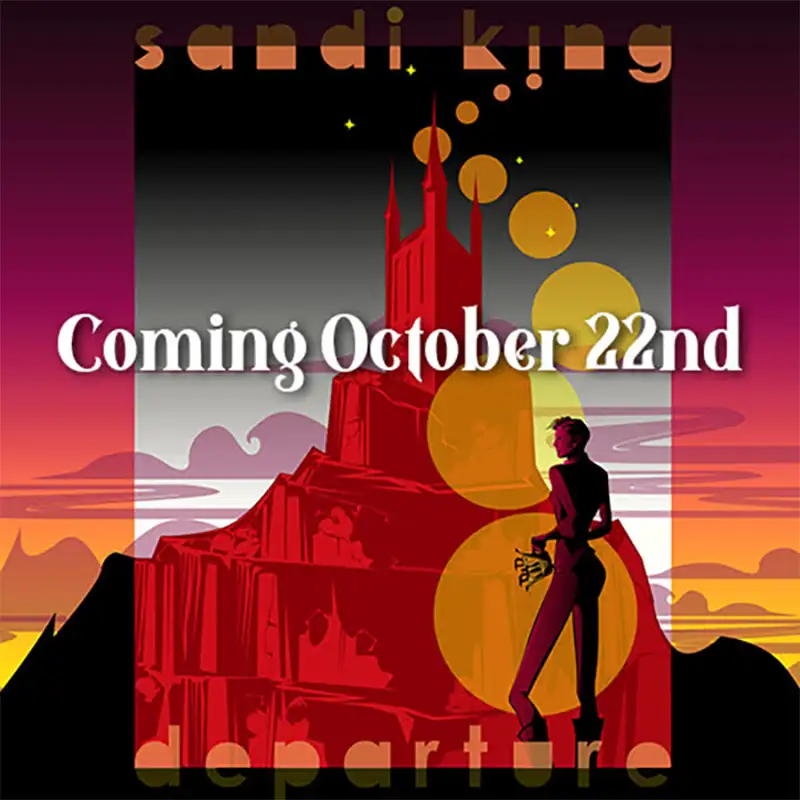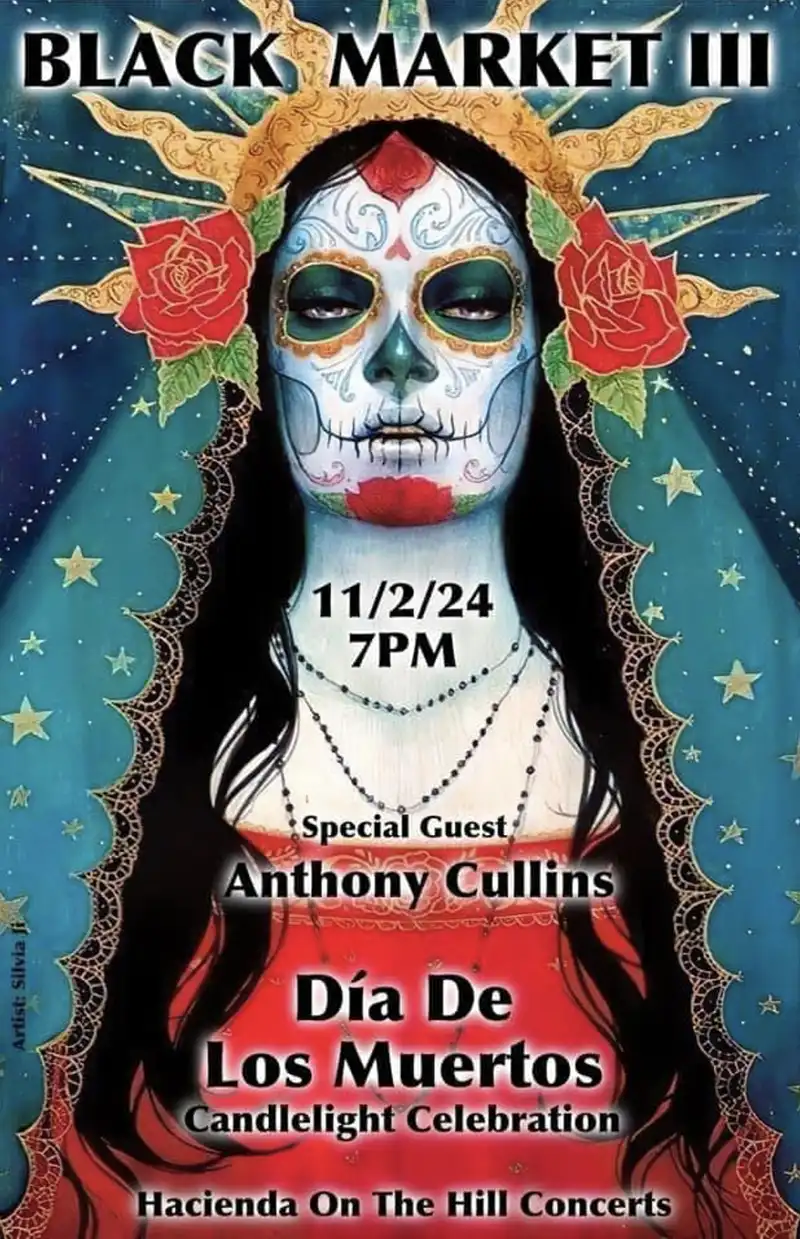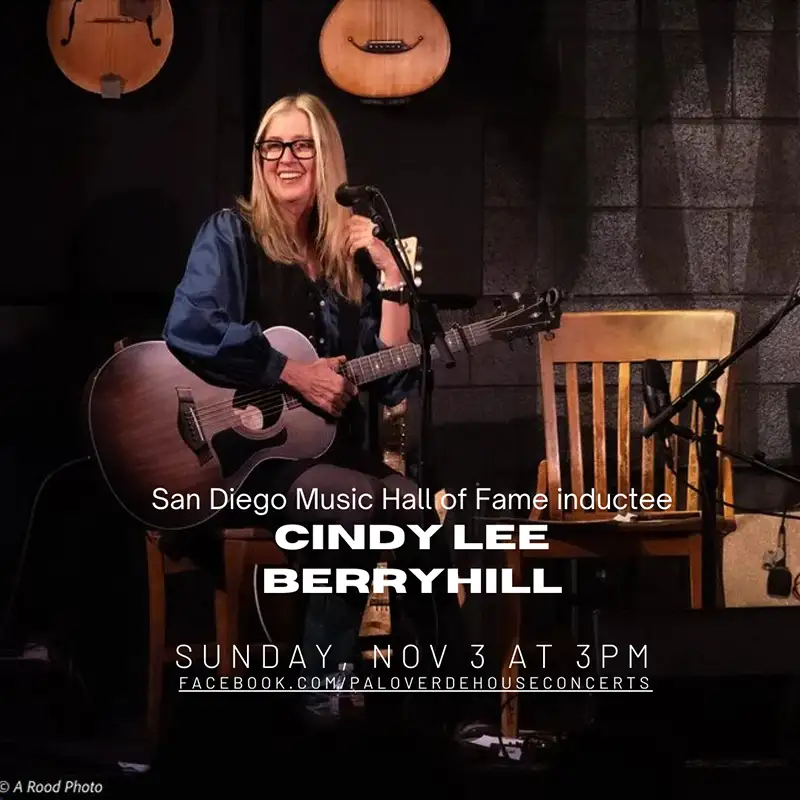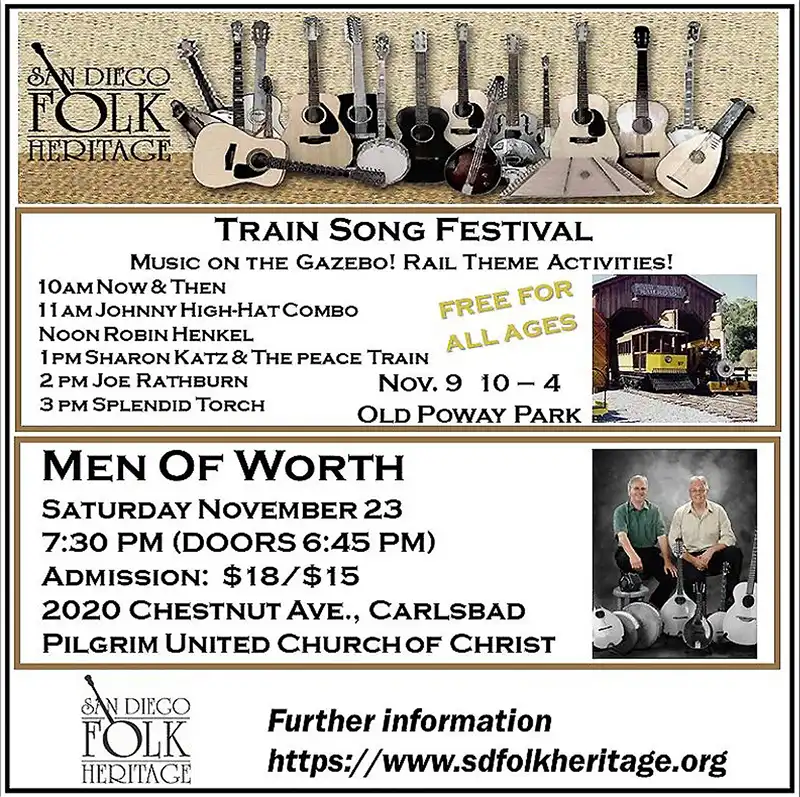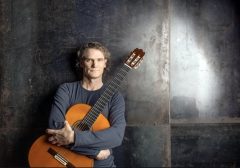Tales From The Road
Jesse Cook: Nuevo Flamenco Guitarist Thrives in the Snowbelt
The word “flamenco” tends to conjure images of gentle hillsides covered with whitewashed homes topped with red tile roofs, of azure beaches and balmy nights. And guitarist Jesse Cook, a leading exponent of nuevo flamenco, is hardly opposed to balmy weather. It’s just that when you grew up–and still live with your wife and two kids–in Toronto, well, come winter, that balmy weather is usually on the other end of a plane ride.
“I gotta tell you, I’m not the biggest fan of Toronto in January and February,” Cook said last month with a laugh from his home in Canada. “I love Canada, don’t get me wrong. Great country, wonderful people. But the weather?”
That said, Cook’s career as a musician allows him the luxury of getting paid to travel to warmer climes–an opportunity he said he’s rarely missed.
“I don’t think I’ve gone through an entire Toronto winter in decades! We always try to tour,” he said, listing Australia and South America (which are mid-summer as the northern hemisphere is in the grip of winter) as frequent destinations. This year, he’s hitting the Sunbelt of the United States, including a February 24 show at the California Center for the Arts in Escondido.
Cook has a connection locally–his brother-in-law worked at a biotech startup in San Diego in the 1990s, and his sister’s children were born here. Given that insider knowledge, he agreed with the sentiment that even snowbelt denizens can grow soft after too many years living in Southern California.
“We had a roadie who was from Minneapolis, but he’d been living in L.A. for a few years, and we were going to do a tour of northern Alberta in February. We had to talk to him about what clothes to pack. He said, ‘Don’t worry, I grew up in Minneapolis.’ And we think, ‘Okay, Minneapolis is colder than Toronto–he’ll be fine.’ He shows up in a hoodie for minus-50 degrees. We all had to lend him scarves and gloves and sweaters!”
So how did a kid from the land of hockey and snowmobiles become a flamenco guitarist?
Cook’s parents were both film and TV producers, and his childhood was spent bouncing from his birth city of Paris to Barcelona and southern France. When his parents divorced, he and his sister relocated to Toronto with his mother (a native Canadian) but spent summers with his father in Arles, France, where one of the neighbors was the lead singer of the Gipsy Kings.
Although he studied classical guitar in Toronto (learning from Eli Kassner, who had studied under the legendary Andrés Segovia), by age 13 he had stopped his classical studies in favor of flamenco, and later incorporated jazz.
“I don’t even know what to think about Segovia; he didn’t speak highly of flamenco,” Cook said. “I love flamenco, and my favorite guitarists are flamenco guitarists. And Segovia hated flamenco. I’m interested in Segovia, but at the end of the day he was a classical guitarist.”
Cook’s collegiate studies took place at the Royal Conservatory of Music, York University, and finally the Berklee College of Music in Boston.
“When I came out of Berklee, I wanted to work behind the scenes. I wanted to be a composer and have a lifelong career in musi; that’s hard to do as a performer. This career just started falling in my lap.
“In my 20s, I had a career as a composer. I had clients.
“I made that first album just as a lark, and I remember I wanted to order 500, and she said, ‘You know, for pennies more, you can have 1,000.’ I thought what will I do with a thousand? They’ll sit in my parents’ house forever! That first thousand went out in a week, and I ordered 2,000 more. Two weeks after that, they were gone. By the end of that month, I had a record in the States and was charting on the radio.
“My life got eaten by the music business.”
His latest album is titled Beyond Borders, but Cook doesn’t expect to make a mint off of it.
“Very few people make a living selling CDs like they did in the old days. It used to be that you lost money on tour in order to promote sales of your recordings. Now, the CD is basically a way to promote the tour. As a performer, your show has to be something great. People have to want to come back, or you’re not going to have an enduring career in this business.”
He cited Australian guitarist Tommy Emmanuel as an artist whose approach to both music and earning a living from that music he admires.
“He is great in many styles! He can do that beautiful, acoustic finger-style, and then blow some Django-style jazz. And then he’ll go sit in with some bluegrass guys, and do his Chet Atkins thing. And, on top of that, he puts on a great show! He’s very entertaining. He brings a lot to his audience–he’s a very generous performer. Nowadays, the live show is how we musicians make a living.
Cook’s children are 10 and 12, and he said they’re still young enough to be impressed with Dad’s career as a musician. “I know that eventually my son will think I’m not cool enough, because I’m not a rapper,” but then added that his son is studying guitar, hoping to be in Dad’s band someday.
While the kids will be stuck at home in Toronto when Cook is in San Diego on tour, he said before they were old enough to go to school, they’d come on tour with him.
“It’s pretty hard having kids in a tour bus; it’s really rough. It was even harder on my wife, who was trying to keep them quiet so they didn’t wake up my bandmates.”
Balancing the professional interests of satisfying his fans’ desire to see him in concert with his own desires to spend time with his children is probably the toughest part of his job, Cook said.
“I drop my kids off at school, and I see all these dads who don’t. They work all day, get home at seven and have dinner with their kids if they’re lucky. Others kiss them goodnight and that’s it.
“When I’m not touring, I’m around the house. When I’m at home making a record, I record there. The hard part is when you go on the road. After my last album, we did about 130 dates. That was a busy year and I was away a lot more than I’d like to be. I enjoy touring, but it’s hard to be away from your children.
“We could tour as much as I want–if we wanted more gigs, they’re out there, they’re available to us. We get emails from people that ask when am I coming to Holland? When am I coming to Australia? I have to make choices.”
Despite making his living playing guitar, and despite the fact that he plays a technically challenging style that encompasses Spanish flamenco, jazz, and classical music, Cook said, “I don’t’ think of myself as a guitarist’s guitarist. I don’t try to play complicated things or try to impress myself with my technique. If I catch myself doing that, I try to stop myself right away. Because music is about emotion–and if you’re thinking too much about technique, you’re not really being honest about that emotion anymore, you’re thinking about yourself.
“As a composer, I’m more interested in the journey–how all the instruments come together. We have an Armenian duduk, violin, percussion. For me, as a composer and arranger, how all that comes together is much more interesting than whether or not than I’m using some picking technique or playing an augmented seventh chord.”
And while he admits to owning 10-15 guitars, he added that he’s unsure of the exact number. “I only play about three of them, maybe four. I have a couple of guitars I tour with and a couple I record with, and that’s it. The rest are just taking up space.”
Further, when talking about how the saxophone and trumpet were the popular instruments of the Swing Era before the guitar became dominant in blues and rock ‘n’ roll, Cook said he’s not sure the guitar is still king.
“I think the guitar had its day. I don’t think it still occupies that position in music. I think 10, 15 years ago, turntables outsold guitars. For 40, 50 years, guitars were king. Suddenly, turntables beat it. Think about it–when’s the last time you listened to a pop station, and you heard a guitar solo?
“What the future will tell, I don’t know. I don’t know what the future of the guitar is.”
Jesse Cook performs at California Center for the Arts, 340 N. Escondido Blvd., on Saturday, February 24 at 7:30pm. http://artcenter.org/event/jesse-cook/



